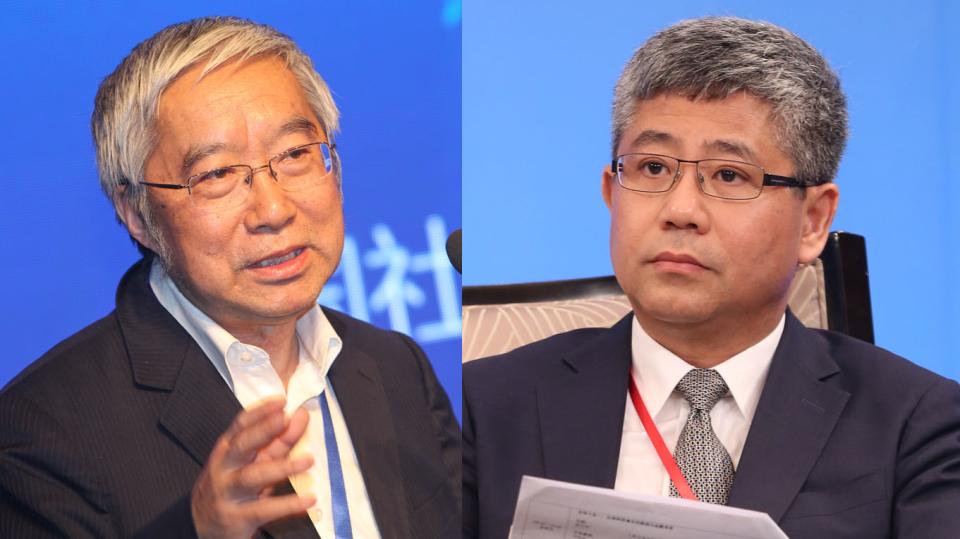With the economy seemingly improving, two economists are divided on whether to maintain an expansionary fiscal policy - including increasing government expenditure - or to offer tax cuts, at a recent round table in Beijing, as reported by financial news site
Caixin.
According to Yu Yongding, member of the Chinese Academy of Social Sciences, being oriented towards tax cuts instead of increased expenditure, the fiscal policy for this year barely counts as expansionary, and can be said to be relatively tight.
Acknowledging the benefits of tax cuts, Yu believed that expanding fiscal expenditures will stimulate the economy more directly, since, as he said, a 100 RMB (US$14) tax cut will likely be put into savings instead of going into consumption or investment.
Another reason is that PPI - Producer Price Index - might drop if a tight fiscal policy is adopted. He used the example of China’s PPI changes following the Asian financial crisis of 1990s. The country’s PPI turned positive around 2000, but took a negative turn several quarters later, and didn’t return to positive until late 2002 and early 2003.
Bai Chong'en, an economics professor at Tsinghua University, took a different view, that the government should curtail fiscal expenditure and give enterprises tax and fees reductions to make their lives easier.
Of all the categories of rising costs, labor costs have been increasing particularly fast, faster than labor productivity. The phenomenon, Bai argued, largely results from excessive government spending. The government has spent a lot in infrastructure, which helps create a huge demand for low-end labor and thus raises labor costs.
China’s manufacturing industry has long relied on its labor advantage, but given the situation, it is no longer realistic to maintain its edge in future by the advantage of low labor costs, Bai argued.
The path forward should shift from a low-cost manufacturing sector that depends on low-end labor to a high value-added one, he said. But it takes time to make the transition. With the current high labor costs, it’s possible that all of China’s domestic manufacturing will move overseas before the transition is completed, Bai warned.
What matters now is to slow down the overseas relocation of production lines from China, according to Bai. Therefore, the government should adopt a fiscal policy that gives more tax cuts and fees reductions to enterprises.

 Old Version
Old Version